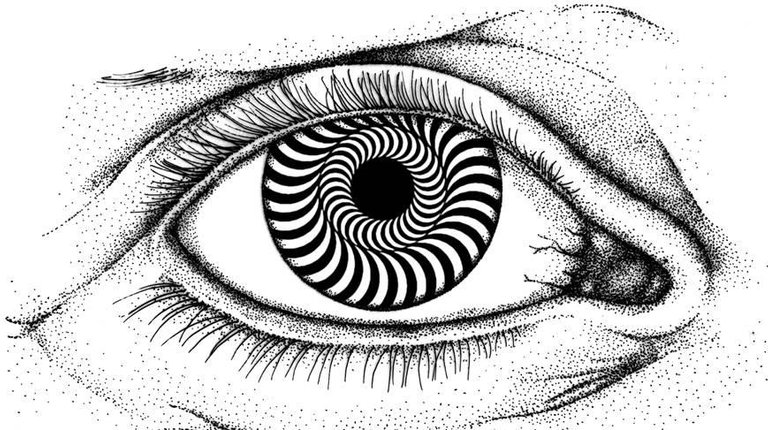The mind is a powerful tool, but it can also create illusions that can limit our perception of reality. These illusions can take many forms, such as false beliefs, distorted thinking, and emotional biases. The good news is that these illusions can be overcome, and the shortest way to get rid of them is through mindfulness and self-awareness.
Mindfulness is the practice of being fully present in the moment and aware of one's thoughts, feelings, and surroundings. By being mindful, we can observe our thoughts and emotions without getting caught up in them. This allows us to see things as they truly are, rather than being influenced by our preconceptions and biases.
Self-awareness is another important tool for overcoming illusions created by the mind. It involves understanding our own thoughts, emotions, and behaviors and recognizing how they influence our perceptions and actions. By becoming self-aware, we can identify and challenge our own false beliefs and distorted thinking patterns.
One of the most common illusions created by the mind is the tendency to focus on the negative. This can manifest in many ways, such as worrying about the future, ruminating on past mistakes, or dwelling on negative thoughts and emotions. Mindfulness and self-awareness can help us break this cycle by allowing us to see the present moment more clearly and to focus on the positive aspects of our lives.
Another illusion created by the mind is the tendency to hold onto false beliefs. These can be beliefs about ourselves, others, or the world around us. They can be deeply ingrained and difficult to challenge, but by being mindful and self-aware, we can recognize them and question their validity. This can help us let go of beliefs that no longer serve us and adopt more accurate and helpful perspectives.
Distorted thinking patterns can also create illusions in the mind. These can include black-and-white thinking, catastrophizing, and overgeneralizing. Mindfulness and self-awareness can help us recognize these patterns and challenge them. By questioning our thoughts and emotions, we can see things more objectively and come up with more accurate and helpful ways of thinking.
Emotional biases can also create illusions in the mind. These can include fear, anger, and anxiety, which can cloud our judgment and lead to irrational behavior. Mindfulness and self-awareness can help us recognize and manage these emotions, rather than being controlled by them. By understanding our emotions, we can learn to regulate them and respond to them in a more constructive way.
The mind can create illusions that can limit our perception of reality. However, by practicing mindfulness and self-awareness, we can overcome these illusions and see things more clearly. These tools can help us break negative thought patterns, question false beliefs, challenge distorted thinking and regulate our emotions. Remember that it's a continuous practice and be patient with yourself as you work on developing these skills.
